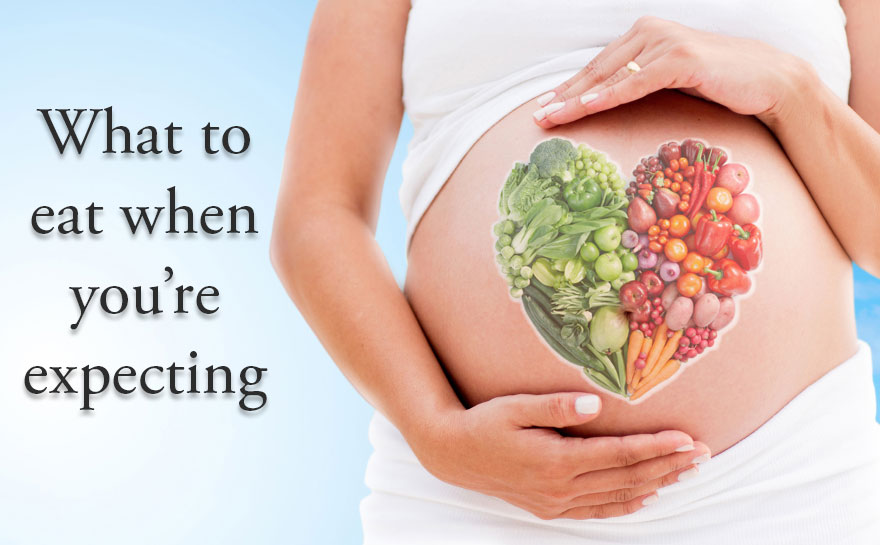
Pregnancy is a time of great physical and hormonal changes,
and it is important for expectant mothers to pay special attention to their
diet in order to support the growth and development of their baby. Here are 5
of the best healthy diets for pregnant women:
- The Mediterranean Diet: The Mediterranean Diet
is a plant-based diet that emphasizes whole grains, fruits and vegetables, nuts
and seeds, and healthy fats like olive oil. It also includes moderate amounts
of fish, poultry, and dairy, and limits red meat and processed foods. This diet
is rich in nutrients like fiber, folic acid, and omega-3 fatty acids, which are
important for fetal development and the prevention of birth defects.
- The DASH Diet: The DASH Diet, or Dietary
Approaches to Stop Hypertension, is a diet that is high in fruits, vegetables,
whole grains, and low-fat dairy, and low in saturated and trans fats, sodium,
and added sugars. It is designed to help lower blood pressure and reduce the
risk of heart disease and stroke, and is also rich in nutrients that are
important for fetal development.
- The Pescatarian Diet: A pescatarian diet is a
plant-based diet that includes seafood, but no other animal products. It is
high in fruits, vegetables, grains, and legumes, and includes moderate amounts
of fish and other seafood. This diet is rich in nutrients like omega-3 fatty
acids, protein, and iron, which are important for fetal development and the
prevention of anemia.
- The Vegetarian Diet: A vegetarian diet is a
plant-based diet that excludes all animal products, including meat, poultry,
and seafood. It is high in fruits, vegetables, grains, and legumes, and can be
supplemented with plant-based sources of protein, like tofu and tempeh, and
fortified foods, like plant-based milks and cereals. This diet is rich in
nutrients like fiber, folic acid, and iron, which are important for fetal
development and the prevention of anemia.
- The Flexitarian Diet: A flexitarian diet is a mostly plant-based diet that includes small amounts of animal products, like meat, poultry, and seafood, in moderation. It is high in fruits, vegetables, grains, and legumes, and emphasizes plant-based sources of protein, like beans and lentils. This diet is rich in nutrients like fiber, folic acid, and iron, which are important for fetal development and the prevention of anemia.
Regardless of which diet you choose, it is important to consult with your healthcare provider before making any changes to your diet during pregnancy. Your healthcare provider can help you create a healthy and balanced meal plan that meets your nutritional needs and those of your growing baby.
Some general tips for eating a healthy diet during pregnancy include:
- Eat a variety of fruits and vegetables,
including dark, leafy greens, which are rich in folic acid, iron, and other
nutrients.
- Choose whole grains, like whole wheat bread,
brown rice, and quinoa, over refined grains, like white bread and pasta.
- Choose lean protein sources, like poultry, fish,
beans, and tofu, over red meat and processed meats, which are high in saturated
fat and sodium.
- Limit your intake of caffeine, alcohol, and
processed and sugary foods, which can contribute to poor nutrition and may have
negative effects on fetal development.
- Drink plenty of water to stay hydrated and support the growth and development of your baby.
By following these tips and choosing a healthy diet that
meets your nutritional needs, you can support the growth and development of
your baby


0 Comments